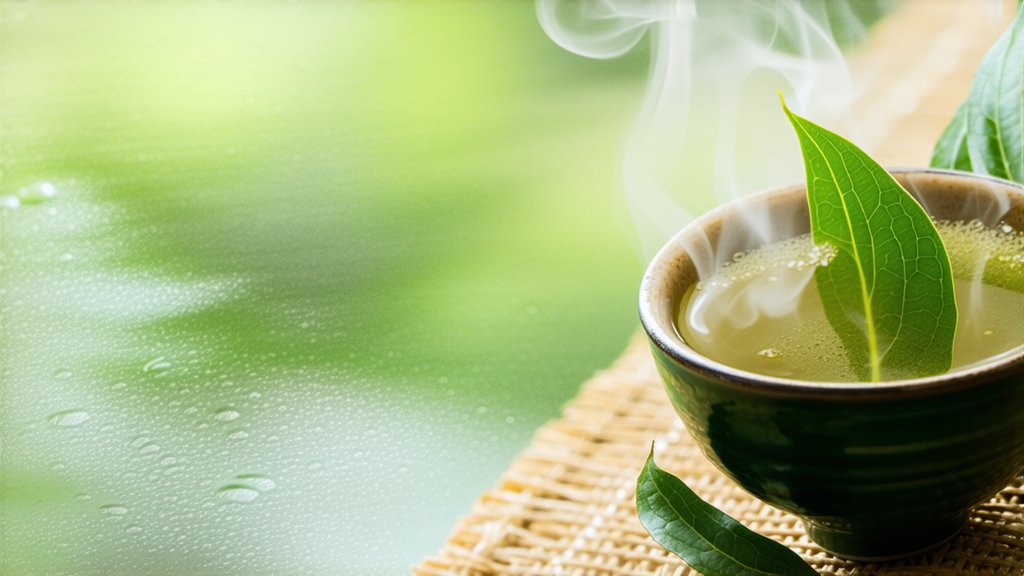
The verdant hills surrounding West Lake in Hangzhou, Zhejiang Province, China, have been home to one of the world's most revered and distinctive green teas for centuries – Longjing, or Dragon Well tea. This exquisite beverage is not just a drink; it embodies a rich tapestry of history, tradition, and meticulous craftsmanship that has earned it a place of honor among tea connoisseurs worldwide.
Historical Origins
Longjing tea traces its origins back to the Tang Dynasty (618-907 AD), but it gained prominence during the Qing Dynasty (1644-1912). Legend has it that the tea was named after a well located near the area where two dragons were said to have fought, creating a spring whose waters contributed to the tea's unique flavor profile. Over time, this narrative intertwined with the tea's identity, cementing its mystique and allure.
Varieties and Characteristics
There are several grades of Dragon Well tea, ranging from premium to more commercially available options. The highest quality leaves are hand-picked before Qingming Festival (Tomb-Sweeping Day), which marks the beginning of spring in the lunar calendar. These early-harvested leaves are known as "Pre-Qingming" tea and are prized for their delicate flavor and aroma.
Dragon Well tea is characterized by its flat, spear-shaped leaves, which resemble the blades of a sword. The color of the dried leaves is a vibrant emerald green, while the brewed tea displays a pale yellow-green hue. Its aroma is subtle yet complex, often described as having notes of chestnut, fresh grass, or even a hint of roasted nuts.
Cultivation and Harvesting
The cultivation of Longjing tea requires specific climatic conditions, with the region around West Lake providing an ideal environment. The tea bushes thrive in areas with misty mornings, warm afternoons, and cool evenings, fostering slow growth that concentrates the flavors.
Harvesting is an art form in itself. Only the top buds and youngest leaves are selected, ensuring that each leaf contains the maximum amount of nutrients and essential oils. Skilled workers carefully pluck these leaves, usually one bud and one or two leaves at a time, preserving the integrity of the plant and ensuring the highest quality product.
Processing: A Symphony of Hands
The processing of Dragon Well tea is a testament to human skill and dedication. Unlike mass-produced teas that rely heavily on machinery, traditional Dragon Well production is largely manual. Here’s a glimpse into the intricate steps involved:
-
Withering: Freshly picked leaves are spread out in thin layers under the sun or in shaded areas to reduce moisture content slightly. This step helps soften the leaves for easier rolling and fixes some of the flavors.
-
Fixation (Pan-Frying): The withered leaves are then heated in large woks over high heat. This process halts oxidation and preserves the green color and freshness of the tea. Masters use their hands to stir and toss the leaves continuously, ensuring even heating and preventing burning.
-
Rolling: After fixation, the leaves are shaped by hand through a technique called "de-veining." Artisans press and roll the leaves between their palms, giving them the characteristic flat shape reminiscent of dragon scales.
-
Drying: Finally, the shaped leaves undergo further drying to remove any remaining moisture. This can be done in ovens or over charcoal fires, depending on the tradition followed by the producer.
Each step demands precision and experience, making every batch of Dragon Well tea a unique creation imbued with the personality of its maker.
The Art of Tasting Dragon Well
Tasting Dragon Well tea is an immersive experience that engages all the senses. To fully appreciate its nuances, follow these steps:
-
Warm the Teaware: Begin by warming your teapot and cups with hot water to maintain the optimal temperature for brewing.
-
Measure the Leaves: Use approximately 3 grams of Dragon Well leaves per 150ml of water. For a more robust flavor, you may adjust the ratio slightly.
-
Infusion: Pour water heated to around 80°C (176°F) over the leaves. Avoid boiling water as it can scorch the delicate leaves and impart bitterness.
-
Steeping Time: Let the tea steep for about 2-3 minutes. Younger leaves require less time, while older leaves may need a bit longer.
-
Observation: Watch as the leaves slowly unfurl in the water, revealing their true beauty and releasing their essence.
-
Aroma: Before taking your first sip, inhale deeply to capture the subtle fragrances released by the brewing tea.
-
Tasting: Sip gently, allowing the tea to coat your palate. Notice the initial sweetness, followed by a slight bitterness that quickly dissipates, leaving a refreshing aftertaste. Pay attention to the texture and mouthfeel – a sign of high-quality Dragon Well.
-
Repeat: Dragon Well tea can be re-steeped multiple times, with each infusion revealing different facets of its character.
Cultural Significance and Modern Appeal
Beyond its sensory pleasures, Dragon Well tea holds deep cultural significance in Chinese society. It is often served during important ceremonies, celebrations, symbolizing purity, health, and longevity. In literature and art, references to Longjing evoke images of serene landscapes and tranquil moments of reflection.
In contemporary times, Dragon Well has transcended borders, becoming a favorite among tea enthusiasts globally. Its reputation as a premium green tea continues to grow, fueled by increasing interest in healthy living and sustainable agricultural practices. Many modern producers strive to balance tradition with innovation, offering organic and fair-trade options without compromising on quality.
Conclusion
Dragon Well tea stands as a shining example of China's rich tea heritage, encapsulating centuries of history, meticulous craftsmanship, and profound cultural meaning. From the mist-shrouded slopes of West Lake to tea cups around the world, this iconic green tea invites us all to partake in a timeless ritual of connection, mindfulness, and pure enjoyment. Whether you're a seasoned tea drinker or a curious newcomer, exploring the vast universe of teas, Dragon Well promises an unforgettable journey for the senses and soul alike.